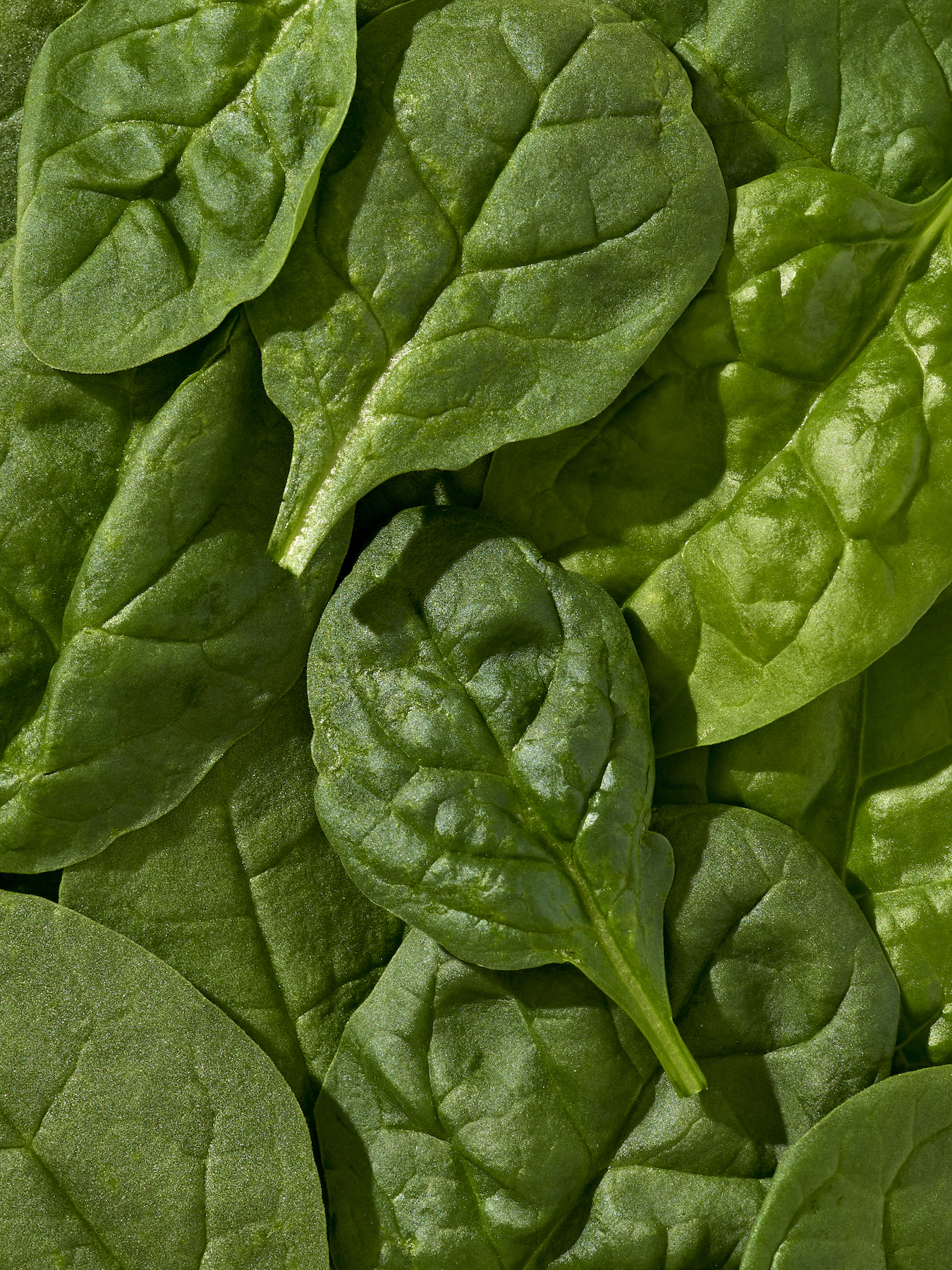The Ultimate Guide to a Mediterranean Diet
There’s a reason that the Mediterranean diet has an excellent reputation — it’s a delicious way of eating that also happens to have serious health benefits. Studies have shown that it can reduce the risk of heart disease, promote brain health, lower the risk of certain cancers, and contribute to weight management. With its emphasis on whole, unprocessed foods, plant-based foods, lean proteins, and healthy fats, the Mediterranean diet is both wholesome and tasty.
Want to give the Mediterranean diet a try but not sure where to start? We’ve got you. Read on for everything you need to know to get started, including our favorite recipes and snacks for easy, tasty Mediterranean eating.
The health benefits of the Mediterranean diet
The Mediterranean diet is ideal for nearly everyone, whether you're looking to improve overall health, manage weight, or reduce the risk of chronic diseases. Plus, it’s flexible enough to adapt to vegetarian or pescatarian needs — a win-win! Here are some key benefits to eating the Mediterranean way:
- Heart Health: Thanks to monounsaturated fats — found in olive oil, nuts, and seeds — the Mediterranean diet can lower LDL cholesterol and blood pressure levels and reduce the risk of heart disease.
- Weight Management: The Mediterranean diet’s emphasis on whole foods, fruits, fresh vegetables, legumes, and lean proteins promotes weight loss and weight maintenance.
- Improved Brain Health: The omega-3 fatty acids, antioxidants, and fiber in the Mediterranean diet could also be beneficial for mental health and may help lower the risk of neurodegenerative diseases such as Alzheimer's.
- Reduced Inflammation: The Mediterranean diet can reduce chronic inflammation in the body, which is associated with various health conditions, like cardiovascular disease, diabetes, and certain types of cancer.
- Healthy Gut: The high fiber content of the Mediterranean diet promotes a healthy digestive system and contributes to a strong and resilient gut microbiome.
The do’s and don’ts of a Mediterranean diet
As you dive into your Mediterranean diet, here are some of the essential whole foods that should be in your cart:
- Fish like salmon, tuna, trout, and cod.
- Beans & lentils like red beans, chickpeas, and black beans.
- Fresh veggies and fruits that are nutrient dense, like kale, spinach, sweet potato, and carrots.
- Whole grains like whole grain bread, farro, bulgur, oats, and brown rice.
- Nuts, seeds, and oils.
Whole, unprocessed foods are the foundation of the Mediterranean diet — but others should be limited to fully embrace its health benefits. It’s best to enjoy these foods in moderation when following a Mediterranean diet:
- Refined grains like white bread, white rice, and refined pasta.
- Red meats like beef, pork, and lamb.
- Full-fat dairy products like whole milk, cream, and high-fat cheeses.
- Highly processed foods like packaged snacks, sugary cereals, and processed meats.
- Alcohol, except for red wine, which offers potential health benefits thanks to its antioxidant content.
Our favorite Mediterranean diet recipes and snacks
Now that you know the basics of the Mediterranean diet, it’s time for the best part: trying our healthiest and tastiest Mediterranean-approved recipes so you can stay energized and on track all day long.
Breakfast
- Broccoli Cheddar Crustless Quiche
- Good Morning Toast
- Scrambled Egg Toast
- Cheesy Mushroom Vegetarian Frittata
Pepper Scramble Breakfast Wrap
Lunch
- Gingery Salmon Poke Greens
- Pumfu Sausage + Mushroom Elbows
- Chile Limon Chicken Kale Salad
- Oven Roasted Salmon with Tzatziki Zucchini
- Sweet Kale Salad with Blackened Smoked Salmon
Dinner
- Green Chile Chicken + Brussels Bowl
- Shrimp Alfredo with Whole Wheat Spaghetti
- Wrap + Ready Honey Mustard Chicken Dinner
- Honey Lemon Thyme Salmon with Asparagus
- Wild Mushroom Chicken Scallopini




